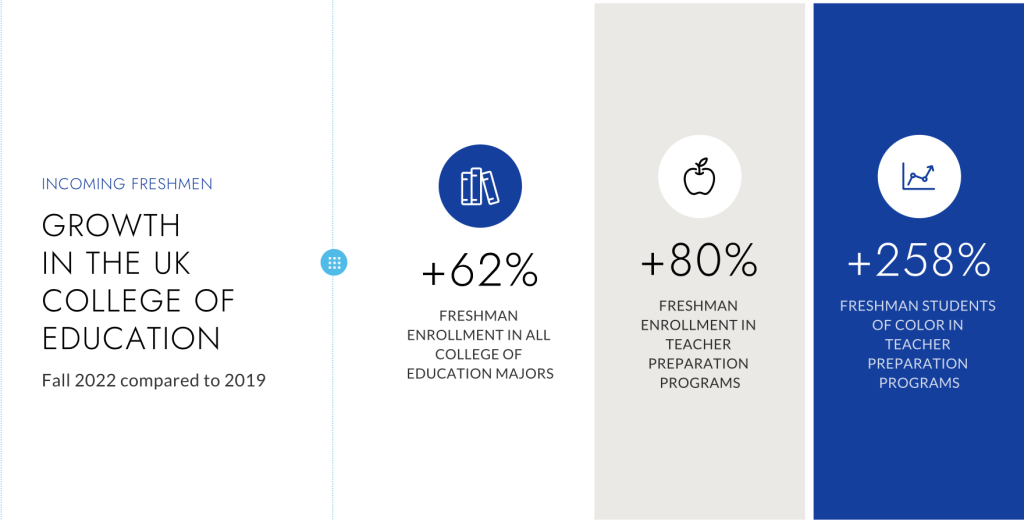This guest blog is by Dave Vanness, an Associate Professor at the University of Wisconsin – Madison
Bad news always seems to drop on Fridays. Friday May 29, 2015 was a particularly bad news day for Wisconsin and for all of us who believe in academic freedom. On that day, Joint Finance Committee of the State of Wisconsin passed Omnibus Motion #521 on a 12-4 party-line vote, including a $250 million biennium budget cut to UW System, major changes to shared governance (a huge topic for another time) and a complete redefinition of tenure as we know it.
It’s important to recognize that there are two key sections of OM#521. First, there’s Section 12, which strikes definition of a “tenure appointment” and the standard of dismissal “only for just cause and only after due notice and hearing” from Section 36 of the state statutes. The purpose of Section 12 would seem to be to kick the definition of tenure and “dismissal for just cause” from where it resided, without issue, in state statute — over to the Board of Regents. If this were the only provision of the bill, Wisconsin would merely be facing a reduction of tenure protection from “A – Excellent” to “C – Average.”
Second, there’s the far more worrisome Section 39, which addresses the other way in which tenured faculty can lose their jobs: termination of their position or layoff in the event of a bona fide financial emergency. Section 39 strikes the language “when a financial emergency exists” from current law and replaces it with the alarmingly vague standard “deemed necessary due to a budget or program decision regarding program discontinuance, curtailment, modification, or redirection”. Now, we’re talking “F- Failure.”
The same day the Omnibus motion passed, UW System President Ray Cross and Vice President Regina Millner issued a joint statement promising to “incorporate [tenure] into Board policies immediately.” Yesterday, June 3, less than 24 hours before the Board meeting in Milwaukee, we finally saw the proposed new policy on tenure. Unfortunately it only addresses half of the Omnibus Motion’s assault on tenure – the easier half. Sometimes half a loaf is better than none. Not so much this time.
The key to understanding why the proposed Regental policy is wholly inadequate is to understand the difference between “dismissal for just cause” and “termination” or “layoff.” Though the terms “dismissal” and “termination” seem interchangeable in common language, in the case of legislative language and the intricacies of academic labor law, they may not be. The Omnibus Motion explicitly defines the terms “termination” and “layoff” – dismissal is not explicitly defined, but it is only mentioned in the same breath as “for just cause.” In Section 39, the Motion reads: “’termination’ means the permanent elimination of a faculty member’s employment by the UW System” and “’layoff’ means ‘an indefinite suspension or involuntary reduction in services and compensation of a faculty member’s employment by the UW System’” This is disconnected entirely from Section 12.
The proposed Regental policy on tenure does not have any mention of what to do in case of financial emergency (such as when all the faculty with big research grants leave and angry alumni put away their checkbooks, ahem). The old language is stricken from law. So, there have to be procedures, right? There are! They are right there in OM521 Section 39. Thirteen paragraphs worth of detailed procedures. Doesn’t that seem odd? Only about a dozen lines in Section 12 striking tenure dismissal for cause (and leaving it to the Board to address). But 13 paragraphs to handle how to shut down programs because somebody deemed it necessary the university should move in a different direction.
So, what can be done at this point? Well, if perhaps a number of reasonable Republican state legislator would recognize the damage – completely unnecessary and devastating damage – that they are about to inflict, they would set aside politics and join Democrats in striking Section 39 from the Bill with a floor amendment. It’s probably too much to ask for them to put full tenure back in state statute, but one can hope they at least recognize that allowing Section 39 to stand will make us “a pariah.” In my heart of hearts, I hope that their pride for the State of Wisconsin and its world-class university system is real. You can help with respectful but insistent persuasion – particularly if you live in their districts.
Another (less decisive, but still important) way would be to put pressure on the Board of Regents to explicitly renounce its powers in Section 39 by signing my petition and stating your reasons why tenure must be preserved in full. The language of Section 39 says that the Regents “may” use these powers, not that they “shall.” The Regents could pass policy stating that terminations and layoffs for budget and program decisions will only be “deemed necessary” when a “financial emergency” exists. This is “C-minus” tenure, but that’s better than an “F.”
What’s wrong in Wisconsin can go wrong anywhere. We must be vigilant in protecting academic freedom wherever it is in peril.
Please Facebook Like, Tweet, etc below and/or reblog to share this discussion with others.
Want to know about Cloaking Inequity’s freshly pressed conversations about educational policy? Click the “Follow blog by email” button in the upper left hand corner of this page.


You must be logged in to post a comment.